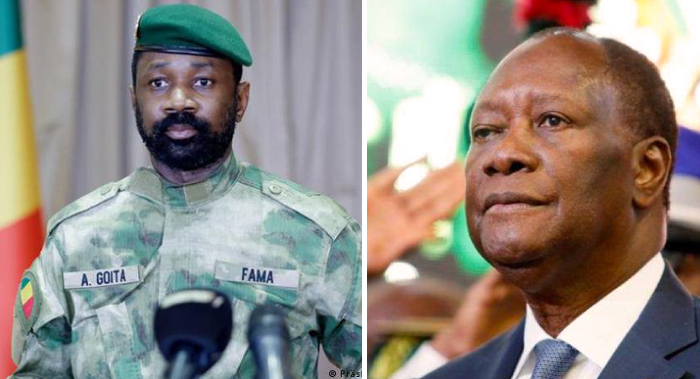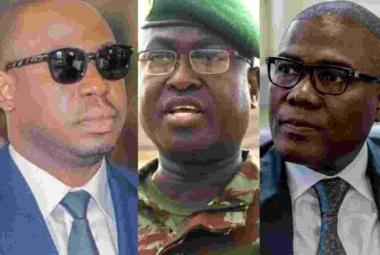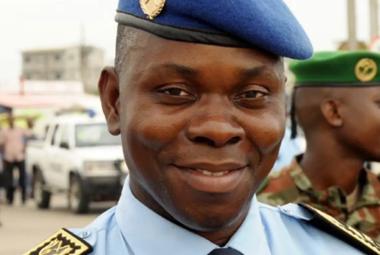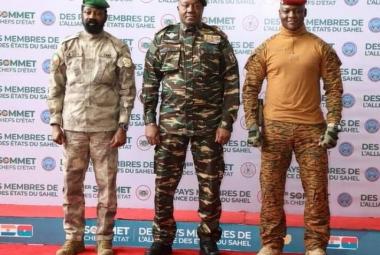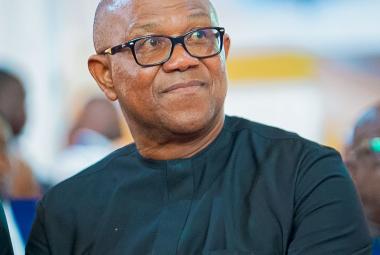In the standoff between the military junta in power in Bamako in Mali and the authorities in Abidjan in Côte d'Ivoire, Togo is the country which reached a consensus for mediation with a view to the release of the 49 Ivorian soldiers arrested and imprisoned in Mali. Against the background of controversies and accusations of all kinds.
On July 10, the announcement of the arrest of 49 Ivorian soldiers at Bamako airport had the effect of a media bomb. Especially since the latter were immediately accused of being "mercenaries" seeking to overthrow the military junta in power since Colonel Assimi Goïta's coup.
While it is true that these accusations were very quickly denied by the Ivorian authorities, the contradictory and confused declarations of the UN for which these Ivorian soldiers are supposed to work did not help the affairs of Côte d'Ivoire in this situation. And as the military junta in Bamako resented President Alassane Ouattara of Côte d'Ivoire for his supposed intransigence on the harsh sanctions imposed against them by the Economic Community of West African States (ECOWAS) following their dithering to set a timetable for a return to normal constitutional order, the opportunity was too good to pass up.
The UN has certainly confirmed Côte d'Ivoire's assertions about its soldiers, but the fact remains that there have been "dysfunctions" as to the exact mission of these soldiers who are part of the National Elements. (NSE), a UN procedure allowing peacekeeping mission contingents to call on external service providers for logistical support.
In this case, United Nations Multidimensional Integrated Stabilization Mission in Mali. (MINUSMA) indicated that: "the Ivorian elements were deployed in Sénou (Bamako) to ensure security at the base of the German NSE in this same locality, instead of Timbuktu (north) where the contingent is based Ivorian from the Minusma" and admits that "certain measures have not been followed".
All this imbroglio has led to many other situations as a corollary, in particular the suspension of rotations of UN military and police contingents, the expulsion of its UN spokesperson, Olivier Salgado, and other operational disruptions. inherent in some of its missions.
Although the Bamako military junta said it was in favor of settling this incredible affair and invited Togo to undertake mediation, which Côte d'Ivoire accepted, the results were long overdue. And this until August 15, 2022 when the Malian justice officially confirmed that the 49 Ivorian soldiers detained for more than a month were charged and imprisoned, in particular for "attempt to undermine state security". It is that, meanwhile, the first negotiations started on July 28 in Lomé in Togo, under the mediation of President Faure Gnassingbé, stumbled on the demands of the two countries in conflict in this affair. On the one hand, Mali wants Côte d'Ivoire to recognize its responsibility and express "regrets" for the deployment of soldiers on its territory without a legal framework, without notification or prior consultation with the Malian authorities, according to close diplomatic sources. negotiations. And he demands, in addition to that, that Malian personalities present in Côte d'Ivoire and wanted by the justice of Mali be delivered to him. And on the other hand, Côte d'Ivoire is not ready to accede to any of the requirements of the Malian authorities. And it still demands the unconditional release of its 49 soldiers. The consequences for Mali, contrary to what public opinion may applaud from Mali, will span decades and decades. Not only in terms of bilateral relations between Côte d'Ivoire and Mali, but well beyond these two countries.
By Daniel Yaoni



